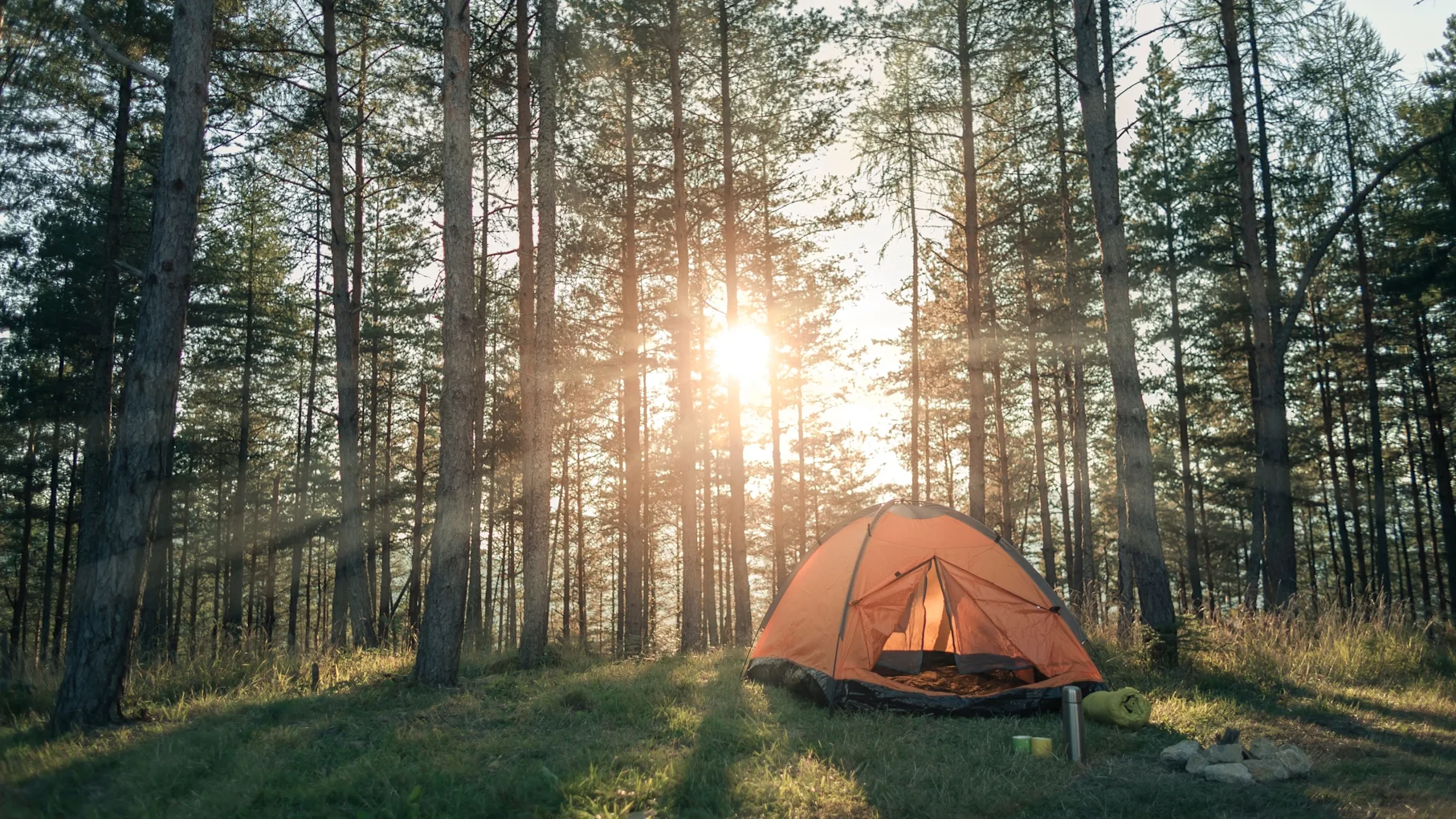The call of the wilderness whispers year-round, but the gear you need for a summer sun-kissed camping trip and a wintery wonderland adventure are worlds apart. While both seasons offer distinct delights, navigating their elements requires specific preparation. Let's delve into the key differences in gear you'll need for winter camping vs. summer.
Shelter
Summer camping with nights under a star-studded sky often call for lightweight, single-wall tents that prioritize ventilation and breathability. Look for features like mesh walls and large doors to maximize airflow and combat the heat. Consider a standalone rainfly for unexpected downpours, but prioritize weight and packability for the majority of clear skies. Remember, staying cool and comfortable is key for a restful summer slumber.
However, winter demands a sturdier fortress. Invest in a four-season tent built for harsh winds and heavy snow loads. It should have thicker materials, sturdier poles, and better snow shedding capabilities. Consider adding a tarp for further wind and precipitation protection. Remember, staying dry is critical for warmth and comfort in winter.

Sleeping Soundly
Depending on where you are and the altitude, nights can get surprisingly chilly even in the summer. Opt for a lightweight sleeping bag with a comfort rating in the 30-40 degree Fahrenheit range. A simple foam sleeping pad might suffice on soft ground, but an inflatable pad with moderate insulation will add comfort and protect you from uneven terrain. Remember, a good night's sleep fuels your outdoor adventures.
Winter slumber necessitates serious insulation. Choose a sleeping bag rated for the expected temperatures, aiming for at least a zero-degree Fahrenheit comfort rating. Invest in a sleeping pad with a high R-value (4 or higher) for maximum ground insulation. Layering a foam pad under your inflatable one adds extra warmth and redundancy. Remember, a good night's sleep is crucial for enjoying your winter adventure.
Staying Cool and Comfortable
Summer clothing should prioritize breathability, sun protection, and quick-drying materials. Pack moisture-wicking shirts, shorts, and pants that allow for airflow and sweat evaporation. Don't forget a wide-brimmed hat, sunglasses, and sunscreen with SPF 30 or higher to shield yourself from the sun's rays. Opt for lightweight hiking boots or trail shoes that provide good traction but won't weigh you down. Hydration is paramount in hot weather, so pack a reusable water bottle and consider a hydration bladder for easy access on the go.
Keeping Warm from Within
Winter clothing requires a lot of layering. Start with moisture-wicking thermals, followed by insulating mid-layers like fleece or down. Top it off with a windproof and waterproof outer shell. Don't forget warm socks, hat, gloves, and a balaclava. Remember, even a slight breeze can steal precious body heat in winter. Food and hydration are also crucial for generating internal warmth. Pack calorie-rich meals and thermoses filled with hot drinks to keep your energy levels high.
Essential Extras
While both seasons require basic camping gear like headlamp, first-aid kit, and navigation tools, each season has a few crucial extras. During the summer, you’ll want to ensure you pack insect repellent and sunscreen to keep pesky bugs and sunburn at bay. Consider a lightweight camp chair for relaxing around the campfire, and a camp table for meal prep and games. If you plan on swimming or spending time near water, pack quick-drying towels and water shoes for added comfort.
For winter, pack a sturdy snow shovel for digging out your tent, traction devices like microspikes or crampons for icy terrain, and a reliable winter stove for cooking and melting snow for drinking water. Additionally, consider carrying emergency shelters like a bivy sack and hand warmers in case of unexpected situations.

Embrace the Elements
Summer camping is about soaking up the sun, enjoying starry nights, and connecting with nature's warmth. Research your destination for potential heat advisories and water availability. Plan activities around the hottest parts of the day, seeking shade and hydration during peak sun hours. With proper preparation and a sense of adventure, summer camping can be an invigorating experience, rewarding you with memories under the warm sun and endless skies.
Winter camping is not just about gear; it's about mindset. Research your destination thoroughly, understand the risks involved, and dress for the worst-case scenario. Respect the power of nature, and never venture out alone. With proper preparation and a sense of adventure, winter camping can be an unforgettable experience, rewarding you with stunning landscapes and a unique connection to the natural world. So, pack your bags, layer up, and get ready to conquer the winter wonderland!
